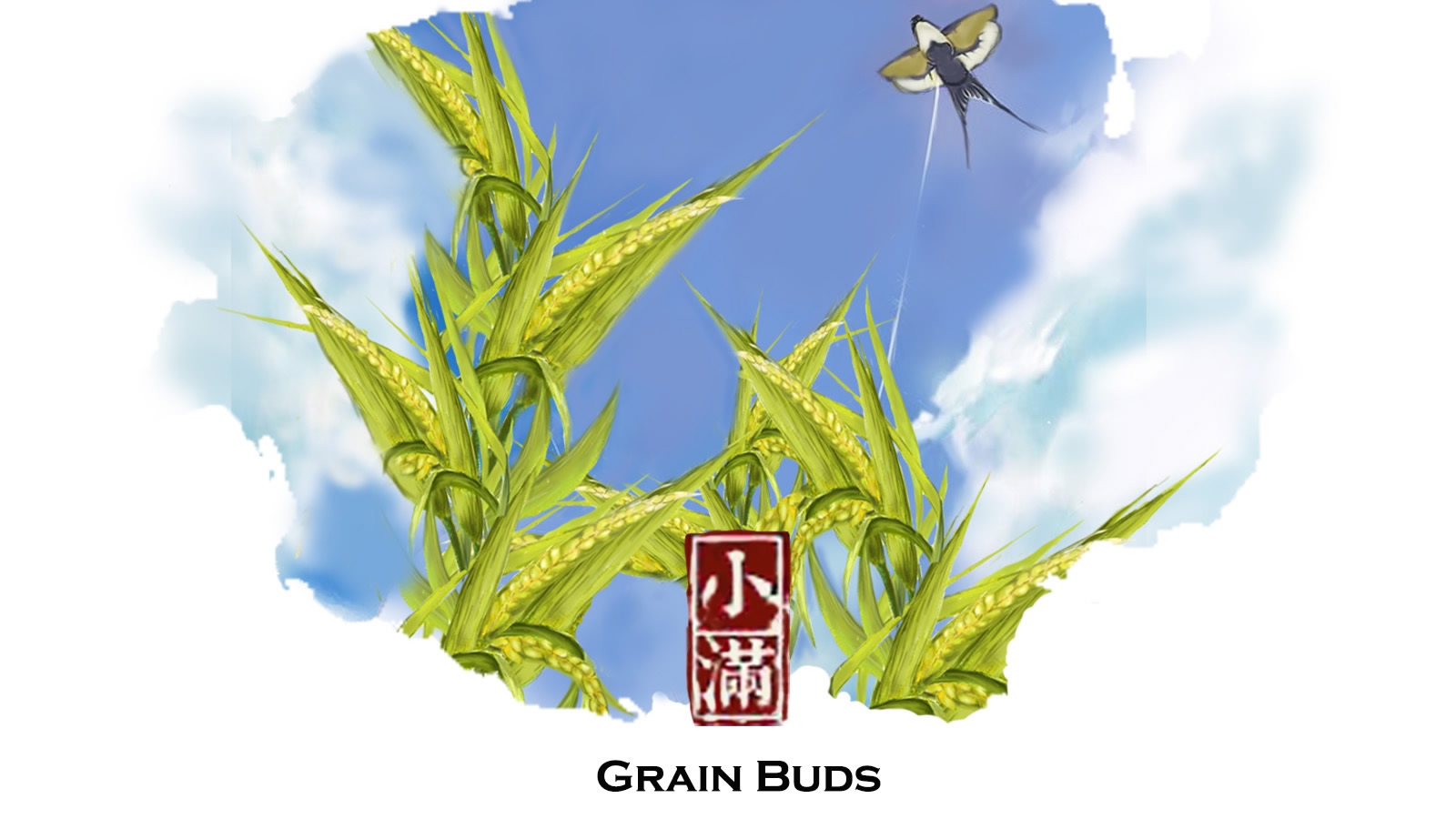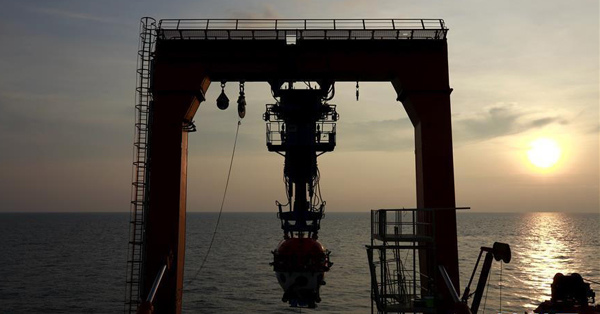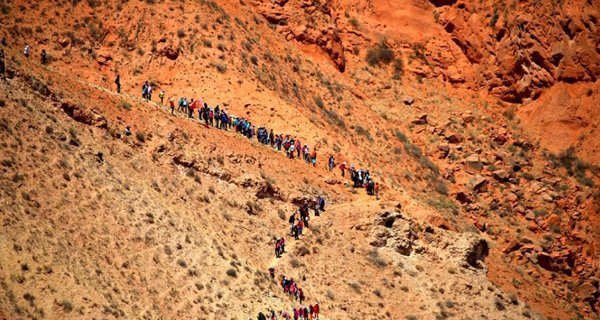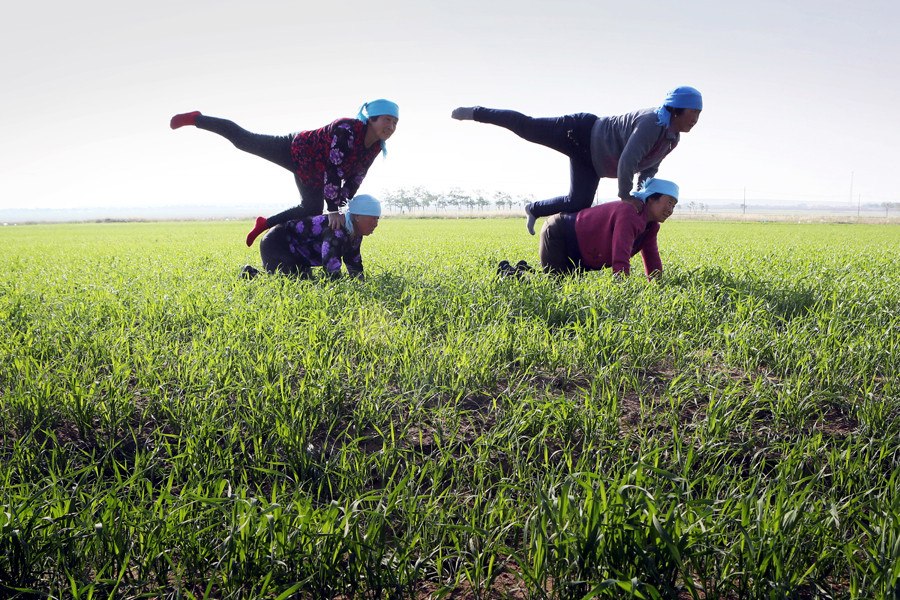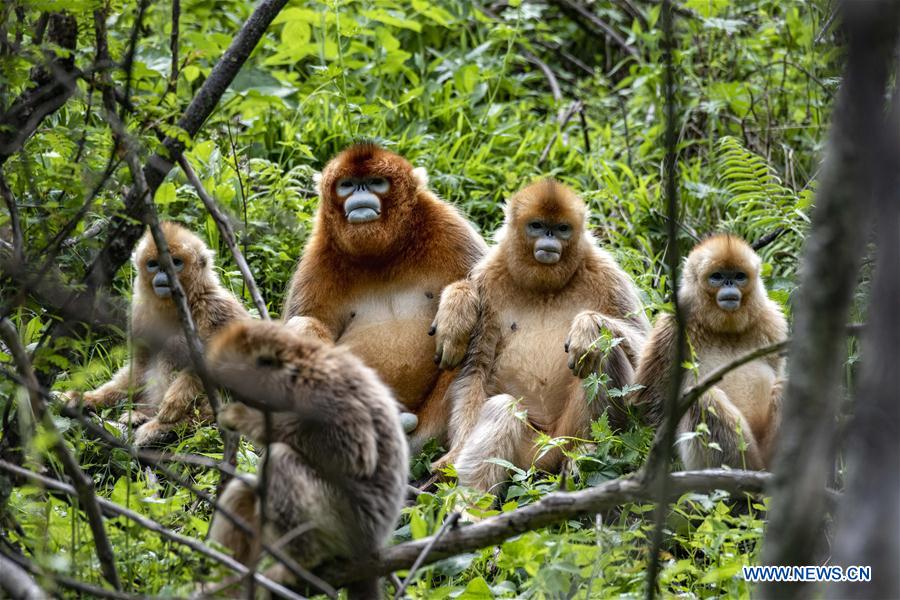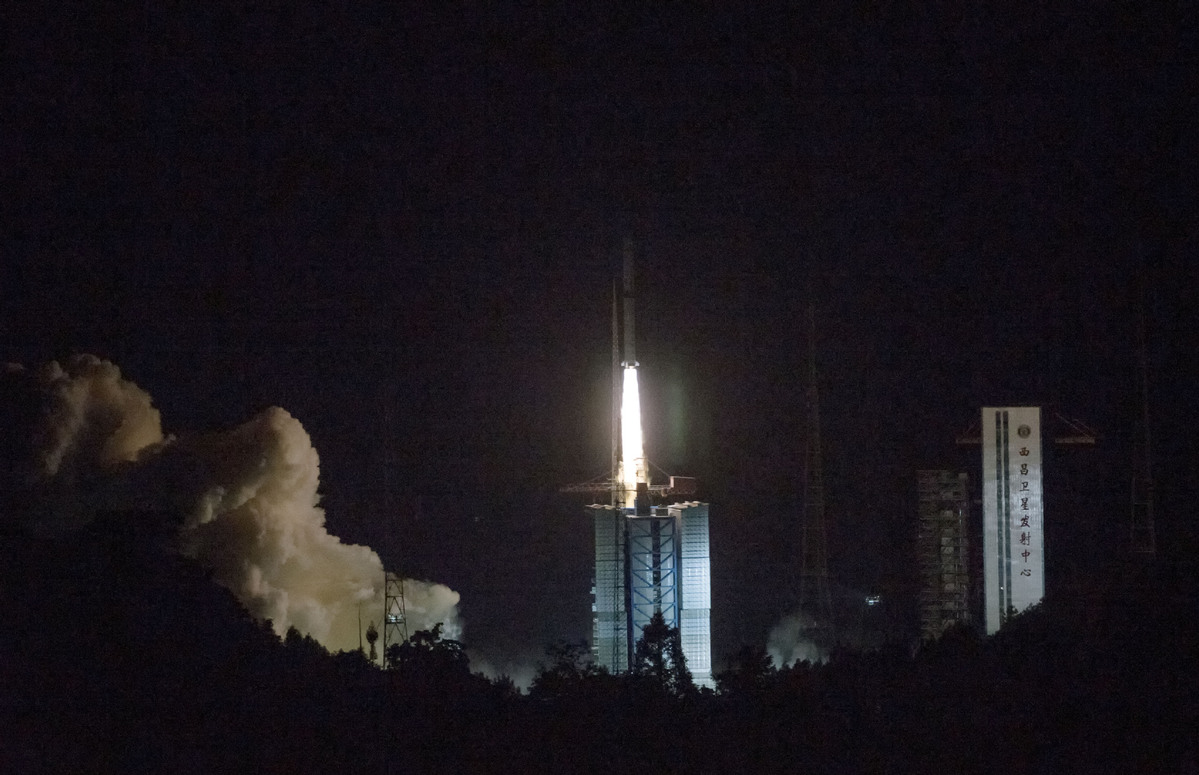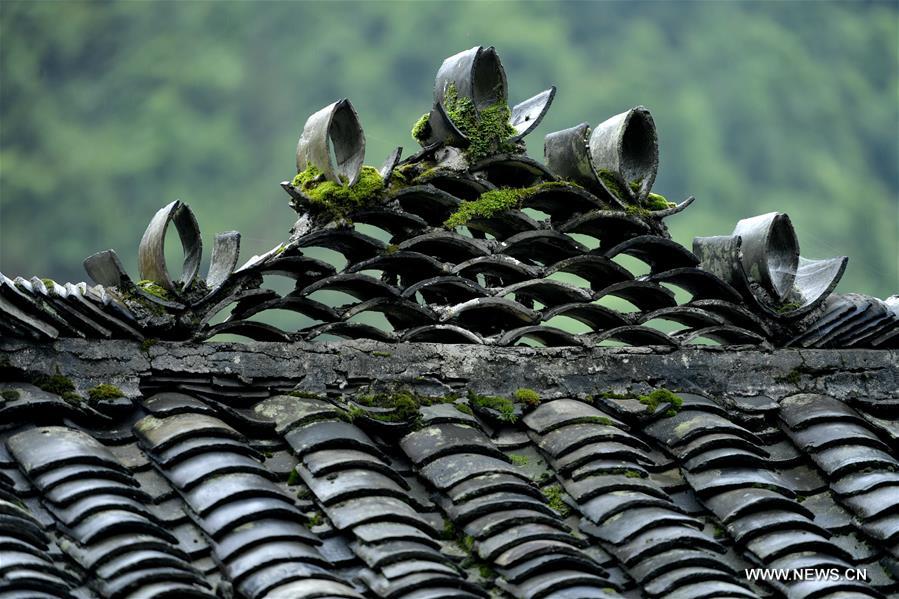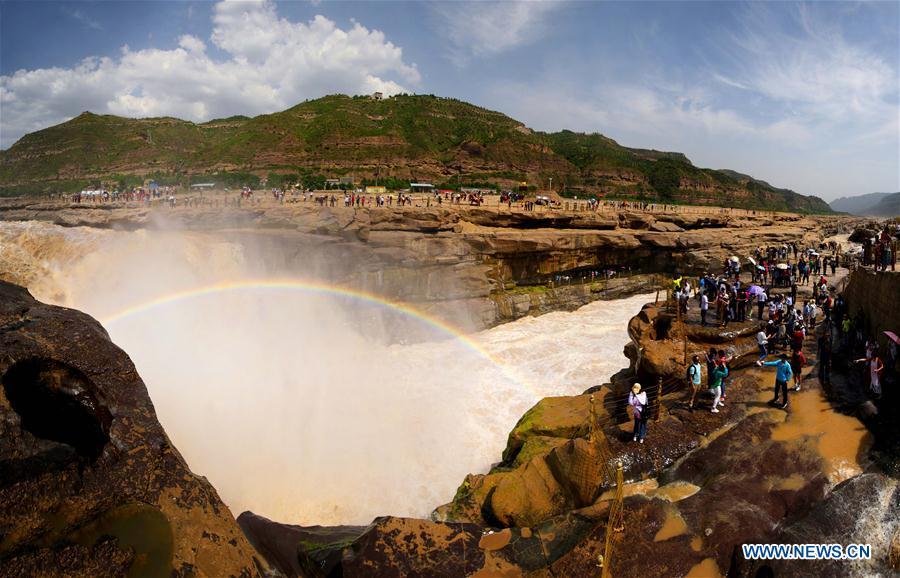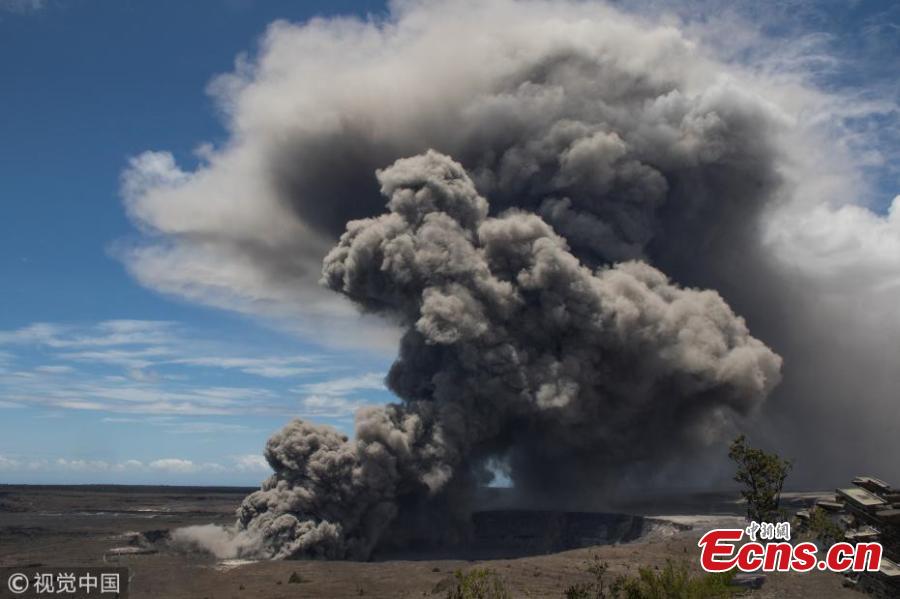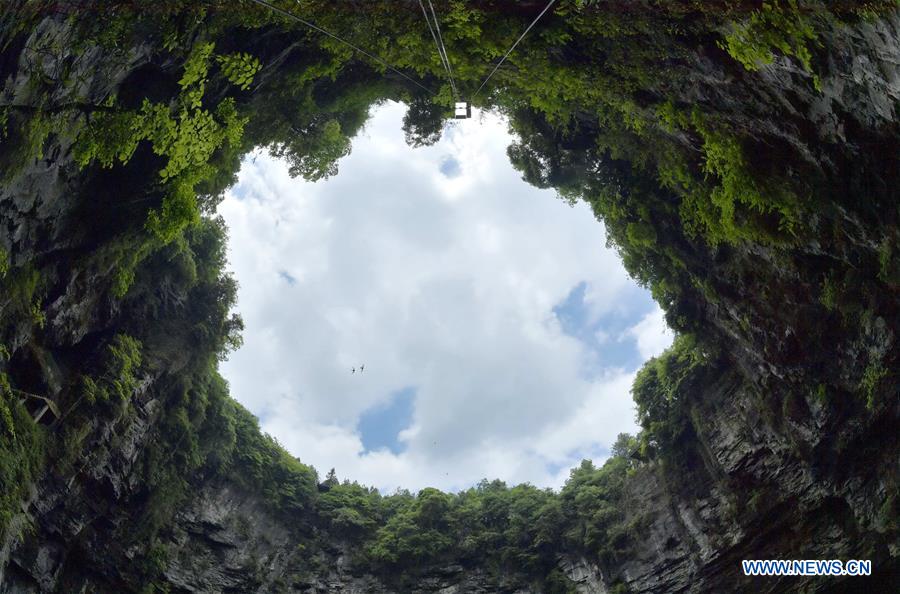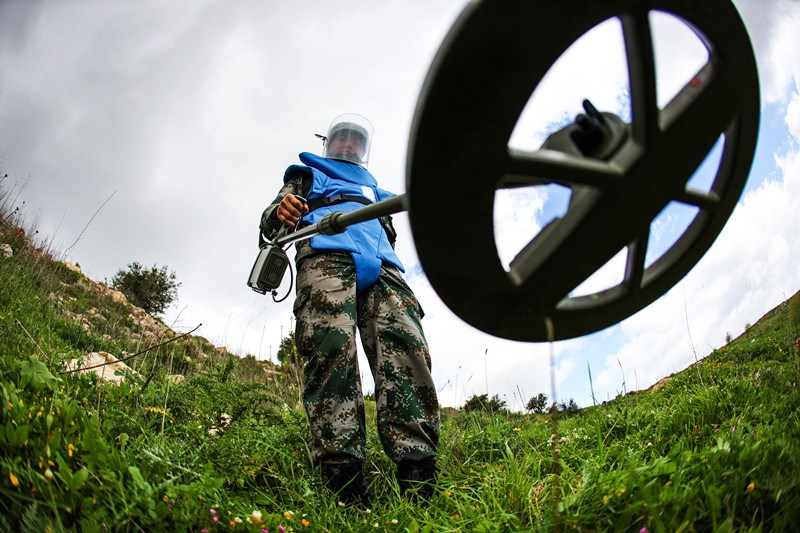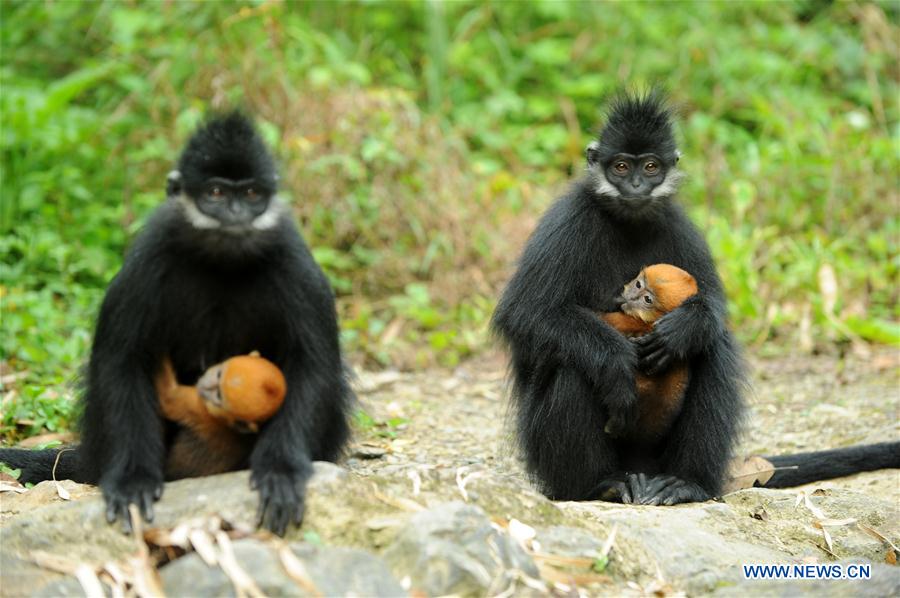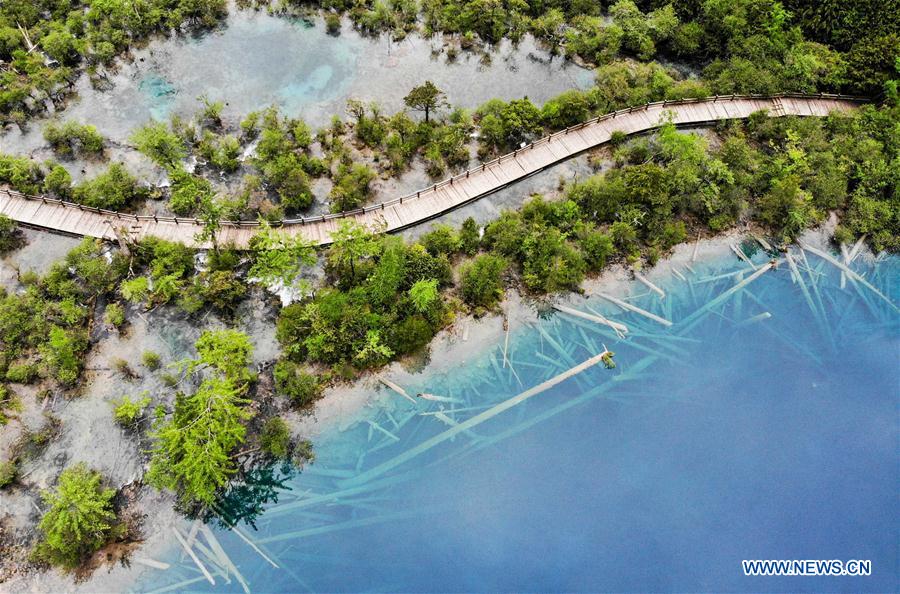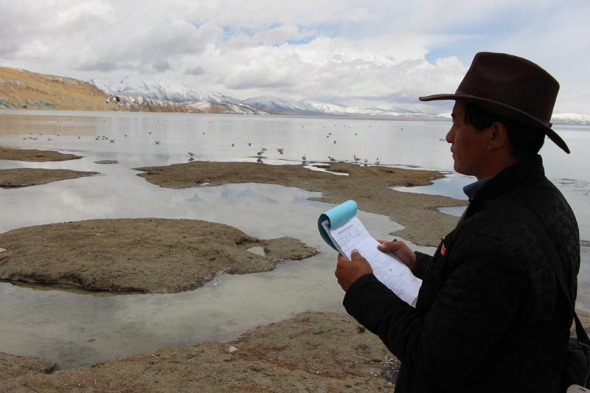
Pema Wanggyal notes down his observation during a patrol trip around the Lake Manasarova on May 10, 2018. (Photo by Ma Chi/chinadaily.com.cn)
The eco-system around the lake is also under threat from over-grazing.
"The wetland is the habitat for wildlife and is also closely linked with the life of human beings. It is affected by human activities such as grazing," said Tsewang Tengyal.
The eco-system of the pasture in the wetland worsened as a result of over-grazing, he said.
To protect the eco-system and biodiversity of the wetland, in 2015, the Lake Manasarova Wetland was listed as a pilot area for an eco-compensation mechanism funded by the Ministry of Finance.
Under the pilot program, impoverished local herdsmen are employed by Purang forest bureau as rangers to patrol the wetland, which has put the wetland under protection and also offered job opportunities to impoverished families. Pema and other rangers receive a monthly salary of around 2,000 yuan ($316).
In addition to the hiring of rangers, subsidies are provided to herdsmen to compensate their economic losses incurred from limitations on grazing.
In 2017, a total of 25 million yuan was used to finance the wetland eco-compensation program in Tibet.










